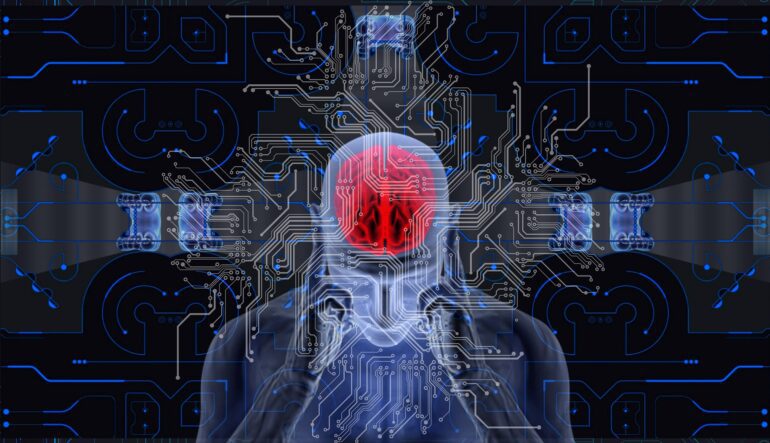TL;DR:
- Deep reinforcement learning is a key focus in research for enabling decision-making in autonomous systems.
- Challenges include computational demands and ensuring safety and adaptability.
- Yiannis Kantaros, an assistant professor at Washington University, has received a grant to address these challenges.
- The grant aims to develop data-efficient machine learning methods for creating safe and verified controllers.
- These controllers will allow autonomous robots to meet complex mission and safety requirements.
- Kantaros’ research focuses on training robots to operate in novel environments.
- The goal is to enhance the capabilities of autonomous systems and enable them to overcome challenges.
- The research has the potential to reshape technology and redefine human-robot collaboration.
Main AI News:
Deep reinforcement learning has become a focal point of extensive research in recent times, as it empowers autonomous systems, including self-driving cars and unmanned aerial vehicles, to make real-time decisions. Nonetheless, the computational burdens associated with training these controllers, along with the imperative of ensuring their safety and adaptability in unfamiliar settings, continue to pose challenges for researchers.
In a noteworthy endeavor to tackle these obstacles head-on, Yiannis Kantaros, an esteemed assistant professor of electrical and systems engineering at the prestigious McKelvey School of Engineering, situated at Washington University in St. Louis, has secured a generous grant of $413,694 from the esteemed National Science Foundation. The purpose of this grant is to address the aforementioned challenges and facilitate the development of data-efficient machine learning methodologies. Kantaros intends to devise novel techniques that not only yield safe and verified controllers but also enable autonomous robots to meet intricate mission objectives and safety requisites that may differ from those encountered during their training phase.
By exploring the realms of data-efficient machine learning, Kantaros and his team aim to unlock new avenues for enhancing the capabilities of autonomous systems. These advancements hold the promise of equipping robots with the necessary tools to overcome complex challenges and operate reliably in a wide range of environments. Through this ambitious research endeavor, Kantaros seeks to establish a foundation upon which the future of autonomous robotics can thrive.
With this substantial grant from the National Science Foundation, Kantaros is poised to make significant strides in the realm of autonomous systems. By leveraging his expertise and pioneering methodologies, he aims to revolutionize the field, ushering in a new era of intelligent and adaptable robotics. As the deployment of autonomous robots becomes increasingly prevalent across industries, the research conducted by Kantaros and his team holds immense potential to reshape the landscape of modern technology and redefine the possibilities of human-robot collaboration.
Conlcusion:
The advancements in deep reinforcement learning and the development of data-efficient machine learning methods have significant implications for the market. The ability to create safe and verified controllers for autonomous robots that can meet complex mission and safety requirements opens up new opportunities for industries such as transportation, logistics, and manufacturing.
This technology has the potential to revolutionize these sectors by enabling the deployment of intelligent and adaptable autonomous systems. The market can expect increased efficiency, improved safety standards, and enhanced productivity as a result of the research conducted by experts like Yiannis Kantaros. As businesses leverage these cutting-edge technologies, they will gain a competitive edge and be well-positioned to capitalize on the transformative potential of autonomous robotics.

